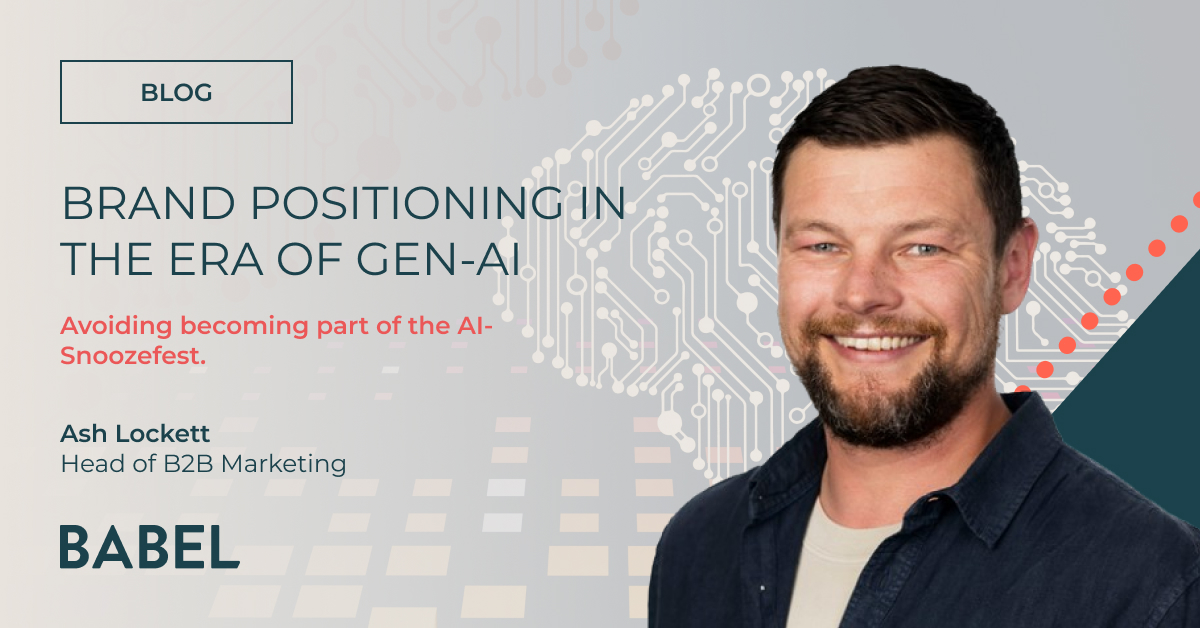
Black Mirror – is this the harrowing reflection of our future?
As we waved goodbye to 2017, Netflix served up a riveting late-Christmas present in the form of the eagerly anticipated fourth season of Black Mirror. For those who are unfamiliar with the show, Black Mirror is a semi-futuristic depiction of a universe with distinctly similar features and environments to our own. In fact, one of the reasons the show is so interesting is that it is relatable. You can almost imagine some of the show’s plotlines panning out in real life. It also touches on a range of technologies that we are becoming increasingly familiar with.
In the past, the series has delved into issues such as cloud computing, virtual reality (VR), artificial intelligence (AI), robotics, dating apps and social media, to name but a few. And it does so in a way that doesn’t always make for easy viewing! Charlie Brooker’s stand-alone stories are ominous, brutal and uncompromising. This season’s episode around dating apps was a rare bright spot, but still raised some pretty uncomfortable questions about the way we meet, date and interact with each other. Needless to say, Black Mirror paints a rather sinister picture of mankind’s relationship with technology.
Techno-paranoia is a theme that runs through much of our popular culture. As far back as ‘Metropolis’ in the 1920s, and more recently in ‘Terminator’ and ‘The Matrix’, we’ve been predicting a dangerous relationship between man and machine. The basic notion is that technology will be developed to such a level that it eventually overpowers its creator, bringing about humanity’s demise.
In 2018, developments have gone further and farther than we could have ever foreseen! I recently saw a graphic which highlighted some contemporary technology that didn’t even exist a decade ago. The list is quite surprising! iPhones, 4G, Kindles, AirBnB, Oculus, Spotify, Bitcoin, Square, Instagram and Snapchat all feature. We live in an innovative time and it’s testament to how far we’ve come that such things, as well as emerging high tech such as AI, robotics, VR and augmented reality (AR), are so commonplace in our lives today. That being said, it’s also a stark reminder of how quickly technology is becoming ingrained in our society and culture. So, as Black Mirror often suggests, is our reliance and relationship with technology becoming unhealthy?
Maybe not! There are many recent examples that show how technology is not just beneficial to our development but, in many cases, actually quite life-affirming. According to Dr James Canton, a former Apple executive and chairman of the Institute for Global Futures, VR could one day be used to allow people to virtually summit Everest or ride a 50-foot wave, surely experiences that very few will have the opportunity to undertake in reality. In Australia, drones equipped with AI (known as ‘Little Rippers’) patrol the coastline, defending would-be shark attack victims from the predators lurking below.
The benefits of applying technology to healthcare are also becoming abundantly clear. AR headsets are currently in development to assist trainee surgeons with learning complicated surgical procedures, probably saving lives in the future. Mind-operated robotics allow amputees to pick up and move objects without need for assistance. These are only a handful of examples, but it certainly paints a rosier picture.
It remains to be seen whether our relationship with technology is really the uneasy, fragile and doomed relationship depicted by Black Mirror and more generally in popular culture, or whether it will become a blossoming, healthy marriage full of potential.
Only time will tell…





